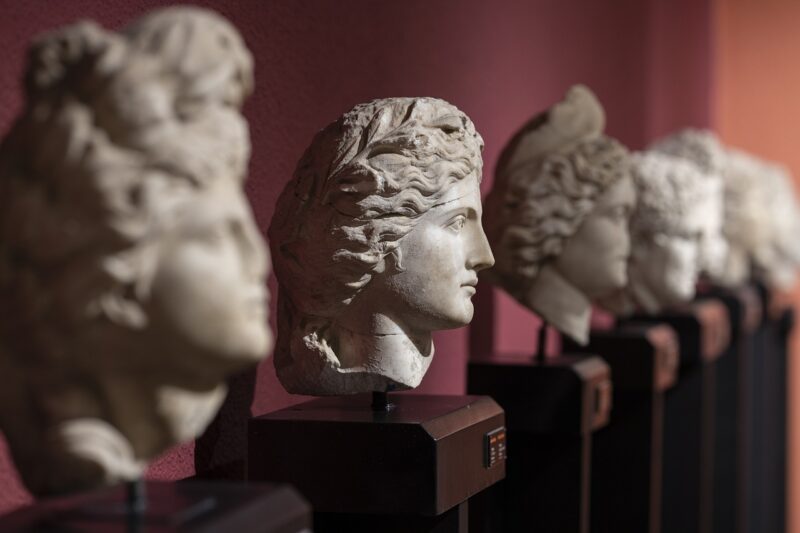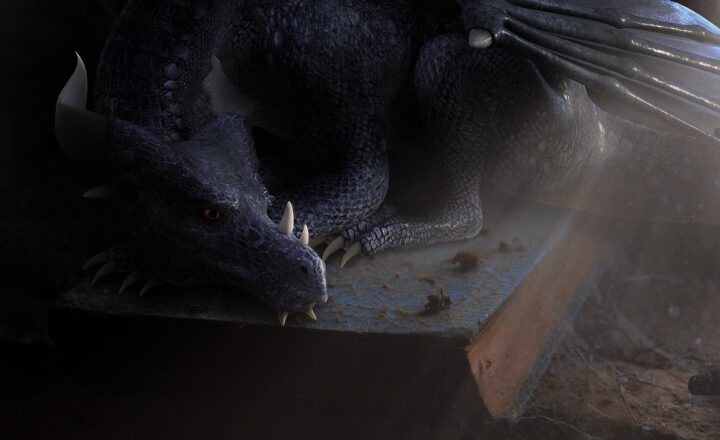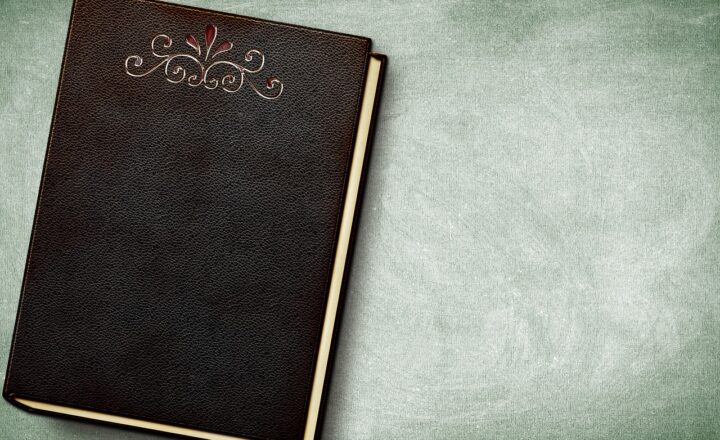Superheroes and Mythology: How Ancient Legends Continue to Shape the Powers and Plots of Today’s Icons
November 14, 2024

The world of superheroes is vast, colorful, and endlessly captivating, where larger-than-life beings harness extraordinary powers to combat evil, protect humanity, and often, save the universe. But where did these fascinating characters originate? Surprisingly, the answer can be traced back to the annals of mythology, ancient legends, and folklore that have stood the test of time. In this article, we’ll explore how these ancient narratives shape the powers and plots of today’s superhero icons, delving into their profound connections.
1. The Concept of the Hero Throughout History
The archetype of the hero has existed since the dawn of civilization. From Gilgamesh in Mesopotamian mythology to Achilles in Greek lore, the hero has been defined by extraordinary deeds and exceptional qualities. These heroic figures often embody the values and cultural ideals of their societies.
In the context of superheroes, many modern characters can be seen as extensions of these ancient legends. They represent not only the triumph of good against evil but also resonate with the struggles and aspirations of humanity in the contemporary world. This connection becomes especially significant in understanding their powers and story arcs.
2. Powers Rooted in Myth & Legends
Mythological beings often possess powers that transcend human limitations. For instance, gods and demigods wielding abilities such as strength, speed, or the capacity to manipulate elements parallel the powers of modern superheroes. Here are a few examples:
- Superman’s Origins: While Superman’s powers are often attributed to his extraterrestrial origins, his character embodies traits reminiscent of ancient heroes like Hercules, who performed twelve labors, showcasing incredible strength and resilience.
- Wonder Woman and Greek Mythology: Wonder Woman, or Diana of Themyscira, is rooted in Greek mythology, often seen as a warrior goddess akin to Athena. Her powers, including superhuman strength and combat skills, echo the abilities of legendary heroes and warriors from mythic tales.
- Thor and Norse Mythology: Marvel’s Thor draws heavily from Norse mythology, where the actual god of thunder wields Mjölnir, a weapon granting him immense powers. His stories intertwine with legends, including battles against serpent-like creatures, much like today’s superhero struggles against formidable foes.
Today’s writers continue to reinterpret these powers, linking them back to lessons and values that have shaped society’s understanding of strength, justice, and heroism.
3. Themes of Good vs Evil: A Timeless Narrative
A recurring theme in both mythology and superhero lore is the battle between good and evil. Ancient myths often depict a hero’s journey to confront malevolent forces threatening their world. This narrative structure flows seamlessly into contemporary superhero stories, where protagonists are pitted against arch-villains.
Take Spider-Man, for example. His journey isn’t just about swinging through the city; it’s also laden with moral heft. The mantra “with great power comes great responsibility” can be traced back to various mythological tales where heroes faced ethical dilemmas.
4. The Role of Personal Sacrifice
Heroism often requires sacrifice, a theme prevalent in both ancient mythology and modern narratives. Characters must navigate personal struggles, often sacrificing their happiness or well-being for the greater good.
For example:
- Batman: Utilizing his wealth and resources to fight crime, Batman sacrifices his personal life, much like Odysseus enduring endless trials to return home. His story emphasizes the burden of sacrifice.
- Iron Man: Tony Stark, a quintessential modern hero, illustrates the concept of redemption through sacrifice. His character arc—from a wealthy industrialist to a selfless savior—mirrors the transformative journeys of legendary figures like King Arthur, who must bear the weight of their destinies.
By drawing parallels to ancient myths, contemporary heroes gain depth and relatability, showcasing that the struggle against adversity is a universal theme.
5. Feminine Icons in Myths and Superheroes
Ancient myths also celebrated powerful feminine figures who challenged norms and represented strength. Characters like Athena or the goddess Durga embody a fierce spirit, influencing modern female superheroes.
- Black Widow: Her character resonates with figures like Artemis, the Greek goddess of the hunt, representing independence and strength.
- Captain Marvel: Captain Marvel, or Carol Danvers, is another representation of feminine strength and empowerment, recalling figures such as Kali from Hindu mythology who stands for empowerment and resilience.
These connections showcase how contemporary female icons continue the legacy of powerful women in myth, further enriching the superhero genre with diverse perspectives and narratives.
6. Mythological Inspirations in Storytelling
The influence of ancient texts and myths extends to the very storytelling techniques employed in superhero narratives. Many superhero stories echo the structures, tropes, and moral lessons found in classical literature.
Consider how Joseph Campbell’s concept of the Hero’s Journey has impacted storytelling, including superhero films. The stages of this narrative—from the call to adventure to the ultimate showdown—align closely with the journeys of mythological heroes.
Films such as “The Avengers” or “Wonder Woman” effortlessly intertwine these ideas, leading audiences through familiar mythological arcs while presenting modern conflicts. The impact of mythology is undeniably woven into contemporary narratives, providing a robust framework for exploration and engagement.
7. Conclusion: A Continuous Cycle
Superheroes continue to draw from the rich tapestry of myths and legends, ensuring that the essence of ancient storytelling remains alive and relevant in today’s society. These iconic figures not only reflect our cultural values and aspirations but also serve as a source of inspiration and hope. As we navigate modern challenges, it is essential to recognize that the myths of the past can guide us toward a better understanding of heroism in all its forms.
In the end, the legacy of ancient heroes lives on through their modern counterparts, reminding us of the eternal struggle against darkness, the celebration of courage, and the power contained within each of us to become our own heroes, whether through fictional realms or the challenges we face in our lives.







